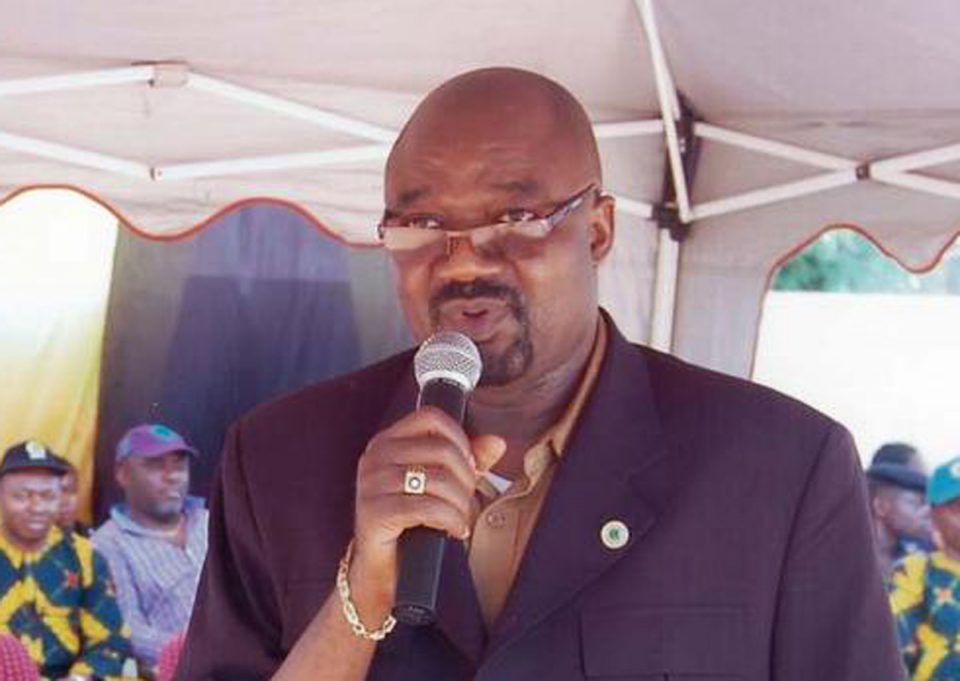Rating agency, Fitch and other stakeholders have once again re-affirmed Nigeria’s dilemma on subsidy removal and concerns about social resistance as the end of another month of unchanged fuel price nears.
According to Fitch, social resistance to the ongoing reforms of costly energy subsidies raises risks to budget forecast, as similar reforms have been reversed in the past due to social pressures.
The government has so far held to its March 2020 commitment to the full elimination of the implicit fuel-price subsidy, but retail prices are yet to be adjusted to the rise in benchmark prices in 2021, which could mark a de facto return of the implicit subsidy.
Fitch noted that stiff labour union opposition has also delayed a further adjustment of electricity tariffs, which are unlikely to reach cost-recovery levels in 2022 as targeted by the government, in our view.
Many stakeholders had hoped that the meeting of the Nigeria Governors’ Forum (NGF) which held last week, would have addressed the impasse about fuel subsidy. However, the governors’ meeting was silent on the burning issue of petrol subsidy, which had earlier been announced as part of the agenda for the meeting.
To avert crisis earlier in March due to a template from the Petroleum Products Pricing Regulatory Agency (PPPRA), the Nigerian National Petroleum Corporation, through its spokesman, Dr Kennie Obateru had said prices will remain the same in “order not to jeopardize ongoing engagements with organized labor and other stakeholders on an acceptable framework that will not expose the ordinary Nigerian to any hardship”.
“Our position is that NNPC has not increased its ex-depot price. We are not in charge of regulation, hence, the responsibility for price enforcement lies with the regulatory authorities”, Obateru added.
The Federal Government had used the collapse in oil prices last year to remove subsidies on fuel that made the product one of the cheapest globally.
The Minister of State for Petroleum Resources Timipre Sylva said in September that the country is expected to save as much as one trillion naira ($2.4 billion) a year after abolishing the support that the state has provided since the 1980s.
With food inflation at a 12-year high, Nigeria risks a backlash if it allows an increase in fuel prices in line with the rebound in crude in international markets.
Labour unions have warned of protests if increases are announced after prices were allowed to rise several times in the second half of 2020. They have remained steady since early December, even though oil is trading around $65 per barrel.
The Nigerian National Petroleum Corporation (NNPC) and Independent Petroleum Marketers Association of Nigeria (IPMAN) Depot and Petroleum Products Marketers Association of Nigeria (DAPPMAN) and Major Oil Marketers Association of Nigeria (MOMAN) appear not to be on the same page on the reasons for the hike in the pump price of petrol.
While the government fixed the price band of fuel at between N160 and N165, the product is currently being dispensed at between N165 and N172 in some filling stations in the country
The NNPC is the sole gasoline importer in the country and is taking the hit by not increasing the price at which it sells to marketers.
“The pump price of gasoline should be about N200 per liter, compared to just over N160 per liter that it retails at, according to Tunji Oyebanji, the chairman of MOMAN and chief executive officer of 11 Plc.
“I don’t see how NNPC can survive if it has to finance that kind of gap,” Oyebanji said in a speech on Feb. 25.
According to the marketers, government’s inability to follow through the implementation of the downstream petroleum sector reforms is partly responsible for the present challenges in the country, adding that government should be transitioning to a market-driven environment through policy-backed legislative and commercial frameworks.
Oyebanji at the Aret Adams Lecture, noted that full deregulation of the downstream sector remains the most glaring boost to potential investors in the local refining space, adding that non-functional refineries cost Nigeria over $13 billion in 2019.
He added that if the NNPC refineries were operating at optimal capacity, Nigeria would have Imported only 40 per cent of what it consumed in 2019.
He also noted that the country spent a total of N10.7tn on fuel subsidy in the last 10 years, while N750bn was spent on subsidy in 2019




